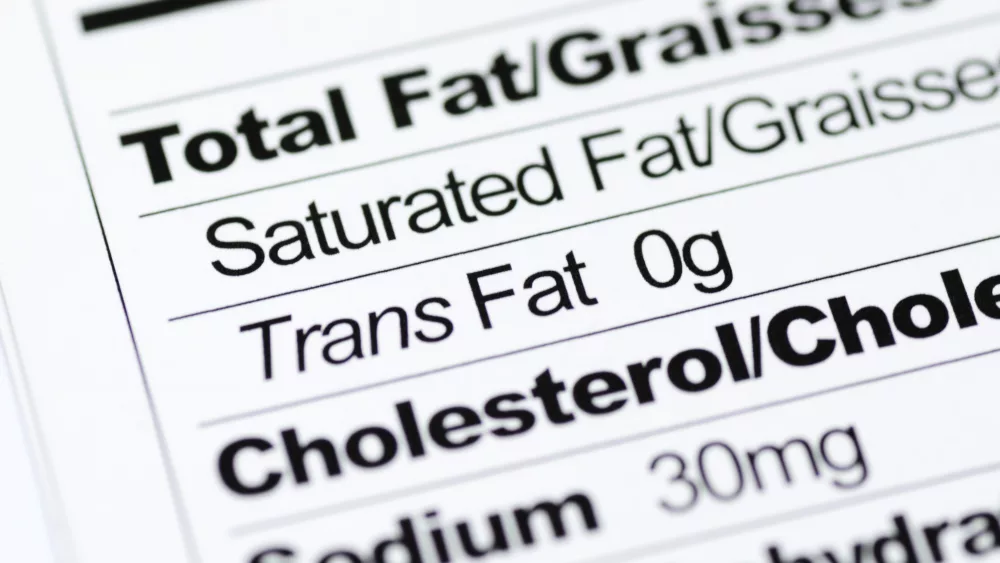Because of their power to sell products, unfounded health claims have been used to peddle everything from cocaine and wine to cigarettes and cereal.
In 1863, Angelo Mariani, a Parisian chemist, mixed wine with cocaine and called it “Vin Mariani.” The addictive and intoxicating concoction was marketed as an elixir that promoted good overall health, and it became an overnight sensation—used by the likes of French novelist, Jules Verne, and British writer, Arthur Conan Doyle, who created the character Sherlock Holmes. The market success led Dr. John Pemberton of Atlanta to create his own version for Americans, which he initially called Pemberton’s French Wine Coca. Like Mariani before him, Pemberton touted his new drink as a tonic that might cure everything from nervous affectations such as headaches and neuralgia to hysteria and melancholy. By 1886, because of the growing anti-alcohol movement spreading across the country, the wine was removed as an ingredient and replaced with a heaping amount of sugar. The name was changed to “Coca-Cola: The temperance drink.” In 1903, cocaine was replaced with caffeine, but for decades the health claims of the beverage remained. Scientists now believe that such sugary drinks are associated with at least 25,000 deaths in the U.S. per year, according to the LA Times.
Health claims associated with food and drinks are nothing new.
“Let food be thy medicine and medicine be thy food,” Hippocrates said some 2,500 years ago, and marketers have been taking his advice ever since. In 1897, C.W. Post called Grape-Nuts “food for brain and nerve centers.” By the early 1900s, Kellogg claimed that eating cornflakes in the morning reduced immoral sexual urges. In the 1920s and ’30s cigarettes were marketed as “doctor recommended” and handed out as free samples to medical professionals. The 1960s transformed soy and nuts into health foods, and the non-enforceable claim of “clinically proven” became vogue. Today, nearly all foods and beverages make some sort of health claim, and nearly all of them are false.
The problem with health claims
As a scientist-turned-vintner-turned-columnist, I have a particular mistrust of nearly all claims not supported by rigorous data. Even with data-rich claims, I’m skeptical of anyone telling me that something is “healthy.” The problem is—and I know this from firsthand experience—that we often have no idea what we’re talking about. Even when we are “100 percent certain” (which is not mathematically possible) something is bound to come along and disrupt the very basis of our certainty. Wine provides a good example.
In the late 1980s the “French paradox” catchphrase summarized a dilemma: The French diet was higher in saturated fats than that of Americans, but their death rate from cardiovascular disease was lower. This seemed to contradict the idea at the time that high-fat diets were the culprits behind everything from heart attacks and strokes to cancer. One of the hypotheses explored at the time was that because the French consumed more wine than Americans, maybe this discrepancy was linked to alcohol consumption (and wine consumption, in particular). Everyone from the TV news program “60 Minutes” to wine-brand public relations agencies embraced this newfound “therapy,” often implying that wine might be akin to a type of medicine. But like many attention-grabbing headlines, this one was both hyperbolic and misleading.
Today, most studies reveal little difference between wine, beer and spirits when it comes to the evidence that light or moderate drinking is associated with a reduced risk of heart disease, ischemic stroke (the kind caused by a clot in the blood vessel) and diabetes. However the evidence is also mounting that alcohol consumption is correlated with high blood pressure, hemorrhagic stroke (a type of stroke where a blood vessel breaks open), cancers such as colorectal, esophageal, stomach and breast, and alcohol plays a role in 31 percent of all traffic fatalities. The data are not clear on how many benefit from the modest consumption of alcohol, but the Centers for Disease Control estimate that 88,000 people die annually from alcohol-related causes in the U.S.
I have a good friend who is a former physician, turned entrepreneur. When I asked him about what he thinks regarding health claims about wine he was circumspect and went a little Zen on me. “What we put into our bodies is important,” he said, as he closed his eyes and brought his fingers together lightly to form a pyramid.
I waited for more.
“And…?” I finally asked, extending the word to highlight my impatience.
He grinned widely.
“If you honestly think about it, I’ll bet you know what is good for you and what’s not,” he said, adding with emphasis, “If you have to hear what those things are from someone else, then that’s the real problem.”





